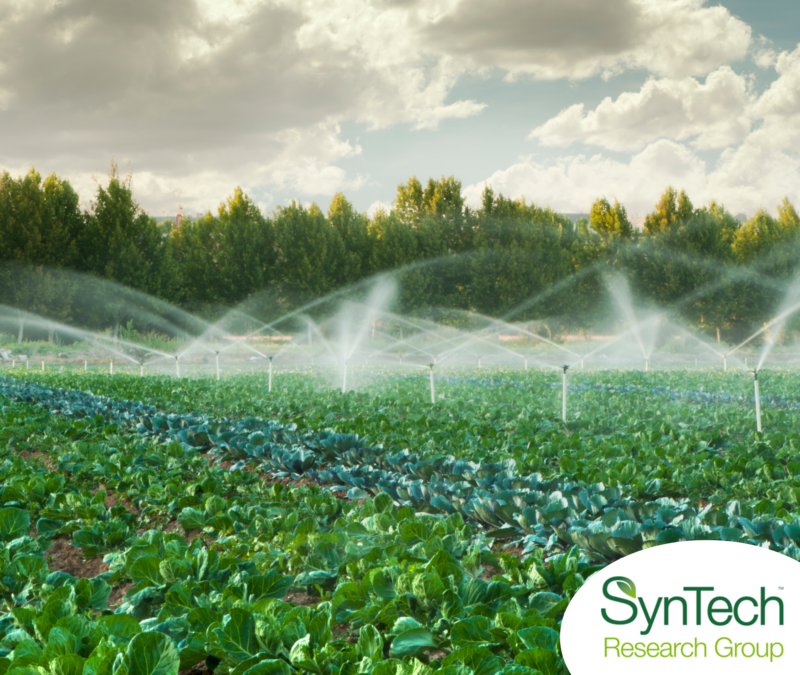Exploring the Role of Biostimulants in Sustainable Farming and Water Conservation on World Food Day
Today, we celebrate World Food Day, with the FAO marking this year’s theme as WATER: the key to ensuring food security for our planet.
Water is a fundamental input for agricultural production and plays a crucial role in ensuring food security. Irrigated agriculture covers 20% of the world’s cultivated land and contributes to 40% of the global food production. On average, it is at least twice as productive per unit of land as rainfed agriculture, enabling higher production intensity and crop diversification (WorldBank).
However, with the challenges of population growth, urbanization, and climate change, competition for water resources is expected to rise, impacting agriculture significantly. Projections indicate that by 2050, the world’s population will exceed 10 billion people, and both urban and rural areas will need sufficient food and fibbers to meet their basic needs. Agricultural production is estimated to need to increase by approximately 70% to meet this demand (WorldBank).
To meet future water demands, we must reallocate between 25% and 40% of this resource to more productive and employment-generating activities, particularly in regions with water stress. In most cases, this reallocation is expected to come from agriculture due to its high water consumption. Currently, agriculture accounts for an average of 70% of freshwater extraction worldwide (and an even larger proportion of “consumptive water use” due to crop evapotranspiration) (WorldBank).

So, what’s a solution for promoting water reduction in agriculture? Agricultural biostimulants are one of the tools to improve crop water efficiency use, alongside other sustainable farming practices.
“The bioestimulantes are a key input for a more sustainable, productive, and profitable agriculture,” said Luis Planas, Spain’s Minister of Agriculture, Fisheries, Food, and Environment, during a visit to Algaenergy’s microalgae experimentation plant in January. These products are revolutionizing agriculture (ElEspañol).
Biostimulants are products that reduce fertilizer requirements, stimulate plant growth, enhance tolerance, and improve nutrient and water use efficiency, thereby reducing resource consumption. Biostimulants, including algal or plant extracts, protein hydrolysates, humic and fulvic acids, and other enhanced combinations, have shown to promote greater growth and stress adaptability. These results include higher yields, improved nutrient and water absorption and utilization, increased photosynthetic activity, and tolerance to both biotic and abiotic stressors. Biostimulants have the potential to make agriculture more sustainable and resilient, offering an excellent solution to reduce water waste in agriculture.
For more information about SynTech Research Group’s services in biostimulants, visit the following link
At SynTech Research Group, we’re committed to driving sustainability in agriculture and contributing to a future where water and food are available for all.
Happy World Food Day!
#WaterUseEfficiency #WorldFoodDay #SustainableAgriculture #WaterForAll #FAO #SynTechResearch
